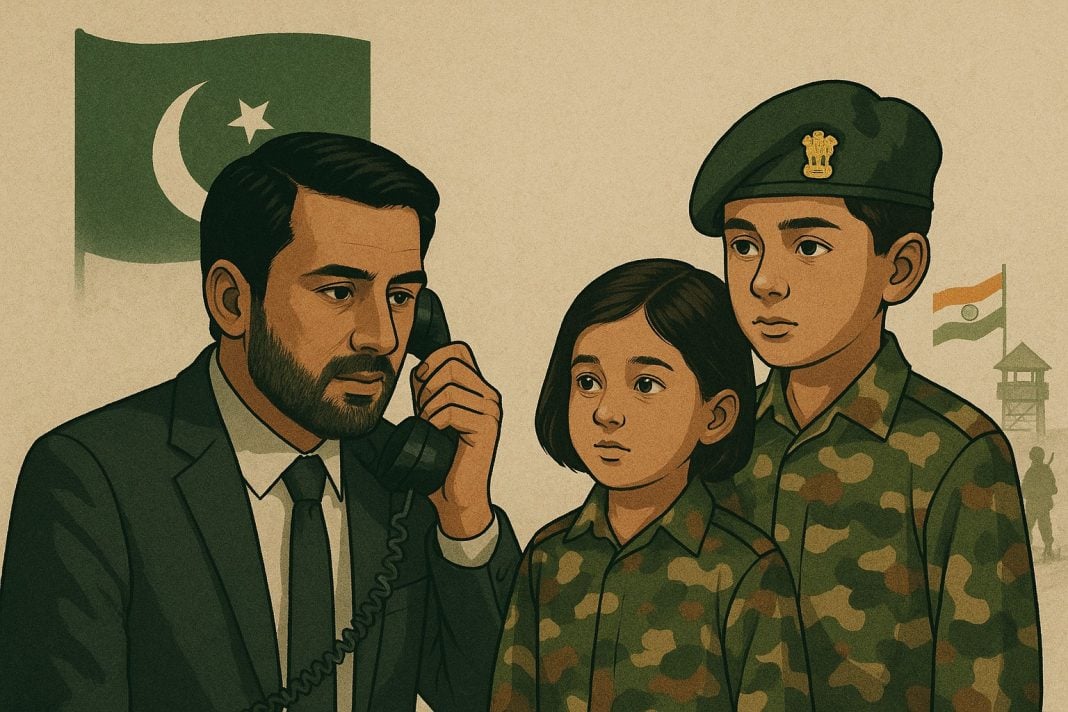In a concerning development, reports have emerged that Pakistan’s Inter-Services Intelligence (ISI) is attempting to contact children of Indian Armed Forces personnel—commonly referred to as Fauji kids—to gather sensitive information related to Army movements and deployments, particularly in border areas.
The Modus Operandi
The ISI operatives are reportedly posing as friendly Indian individuals or officials while making calls to military cantonments, stations, and even family quarters. By adopting a friendly or familiar tone, they attempt to gain the trust of young, unsuspecting children. Their aim is to subtly extract critical information regarding troop movements, logistics, equipment shifts, or operational activities near sensitive border regions.
These calls often seem casual, starting with general conversations, and slowly steering towards questions like:
- “Has your father/mother gone for a mission?”
- “Are there any tanks or convoys moving from your station?”
- “Have you seen any changes near the base?”
Why Target Children?
Children are naturally trusting and less likely to recognize the dangers of sharing seemingly harmless information. ISI’s strategy focuses on exploiting this innocence to bypass strict military security protocols that trained personnel usually adhere to.
Serious Threat to National Security
Even a small piece of leaked information can have a cascading effect, compromising operational secrecy, endangering soldiers’ lives, and providing tactical advantages to adversaries. Therefore, such espionage tactics targeting military families represent a grave threat to India’s national security.
Advisory for Fauji Families
In light of this situation, military authorities and family welfare organizations are urging all families living in and around military stations to:
- Educate children about the importance of operational secrecy.
- Instruct them never to disclose any information related to their parents’ duties, movements, or locations to outsiders, even if the caller seems familiar.
- Report any suspicious calls immediately to military authorities or nearest police stations.
- Avoid posting sensitive information or photographs related to Army activities on social media platforms.
Final Words
National security is a collective responsibility. Every piece of information—no matter how trivial it may seem—can be critical. As adversaries continue to innovate their espionage methods, heightened awareness and preventive education within Fauji families become the first line of defence.





